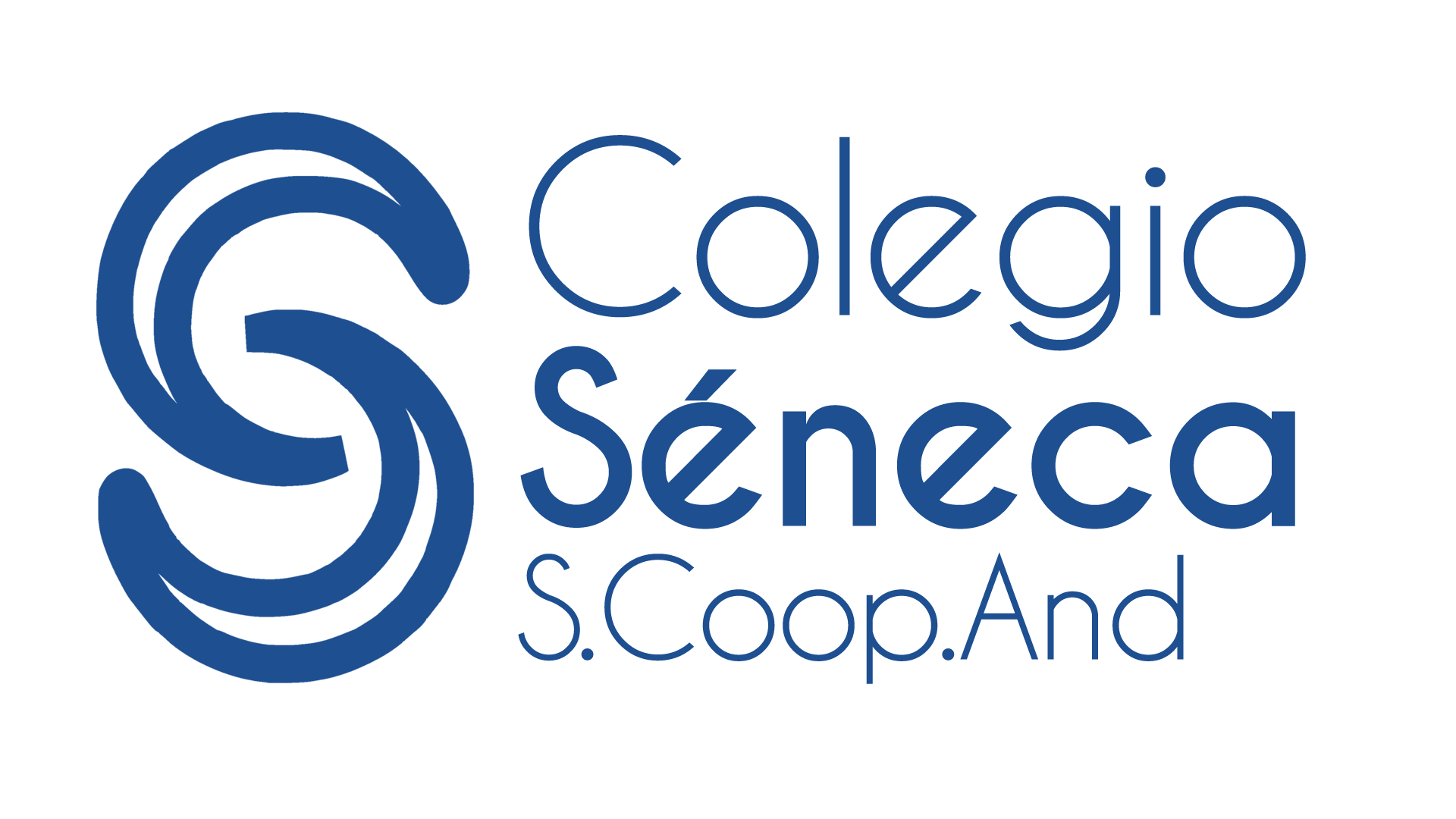Homework is a long-standing education tradition, viewed as a positive practice and widely accepted as part of the student routine, that until recently, has barely been questioned. In 2020, when students switched to work entirely from home, the need to revaluate homework became even more pressing. Although schools have returned to in-person learning, this is...
Rethinking Homework for Better Learning

Homework is a long-standing education tradition, viewed as a positive practice and widely accepted as part of the student routine, that until recently, has barely been questioned. In 2020, when students switched to work entirely from home, the need to revaluate homework became even more pressing. Although schools have returned to in-person learning, this is the perfect opportunity to reassess our homework practices and their role and impact on the students’ mental wellbeing.
Critical voices have been re-examining the beliefs behind the practice, the logics of assigning hours of homework and the failure that can result when some students do not complete their tasks. One would hope that the outcome of homework would be to improve learning, but the problem comes when it involves many other factors, such as the differences among children, teachers, tasks, home environments and the fact that the interaction of homework and classroom learning is unique to individual students (Vatterott, 2009: 56).
Furthermore, while there are many neurodivergent children in school, many teachers continue to assign the same homework to all students in the class and continue to disproportionately fail students who do not fit in the standards of that one-size homework model.
The debate around homework is far from been over since research conclusions on this subject are sometimes contradictory with arguments and studies that support both sides of the debate. Despite the challenges involved, we believe that homework can be an important component of strengthening learning and organizational skills.
In fact, a central issue of this whole discussion is the effectiveness of homework in terms of achievement; we often tend to emphasize more on “how can we make them do their homework?” instead of looking more deeply at “why don’t they do their homework?”. As Vatterott states (2009: 88): when students fail to complete homework, we tend to approach the situation more as discipline than as learning. Indeed, measures for students who don’t do their homework tend to focus on punitive solutions as the key to changing behaviour—consequences such as points off, failing grades, or missing recess or lunch to complete homework. This decontextualization leaves many students behind and simplifies a more complex and structural question about education and value systems.
A recent study conducted in 2020 (Rodríguez et al., 2020) shows that when students are convinced that doing their homework will help them learn, this results in greater and qualitative engagement. They conclude that homework should not be approached solely as an obligation, as doing so will only result in the loss interest and commitment.
We need then to rethink homework in terms of being meaningful, purposeful, relevant to current times and designed to meet all students’ needs. Homework should make them feel like they have some power over their learning, to be motivated by the prospect of choice and the opportunity for personal expression, interest, and growth.
Therefore, to re-engage students, we need a new format of homework, less stressful and more enjoyable, especially for more complex subjects such as STEAM fields. This Erasmus Plus project EduGraal’s vision of learning-by-doing uses storytelling, gamification, and game-based learning to make homework an adventure in which the importance is given to progress and not to failure. The student will follow a character through their adventure and solve “puzzles” related to the lesson to make the story progress. This way, we will be able to reach out to a wider spectrum, including those with struggling situations, learning disorders and other challenging backgrounds, to make sure that homework remains a pertinent learning process instead of a complex chore.
References
Rodríguez, S., Piñeiro, I., Regueiro, B. & Estévez, I. (2020). Intrinsic motivation and perceived utility as predictors of student homework engagement, Revista de Psicodidáctica, 25(2), 93-99. https://doi.org/10.1016/j.psicod.2019.11.001
Vatterott, C. (2009). Rethinking Homework: Best Practices that Support Diverse Needs (1st Edition). ASCD.



